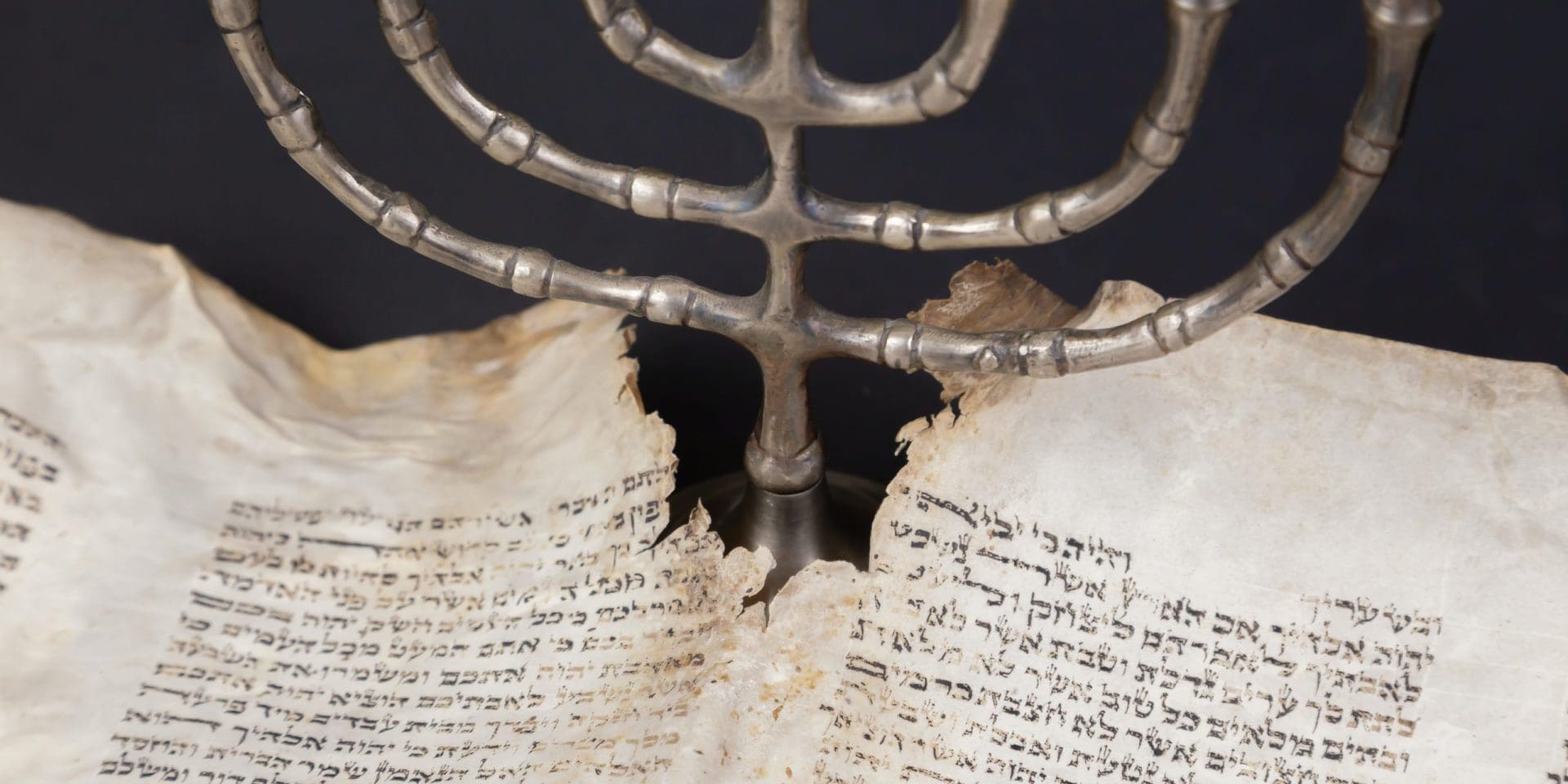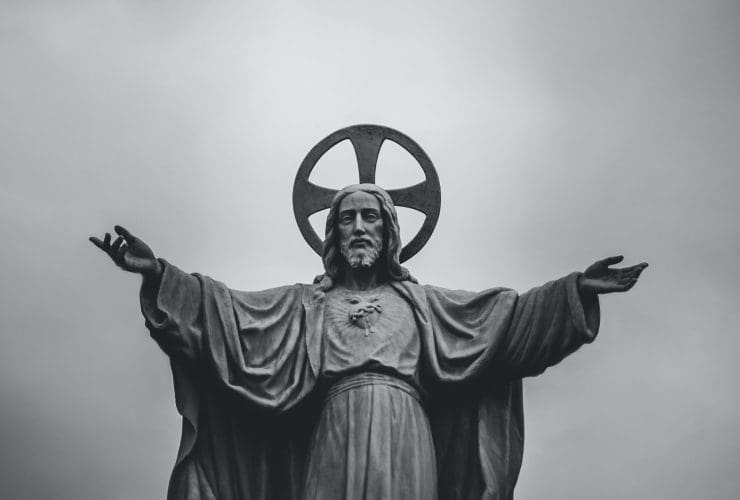Q:
“Many religious groups and ministries believe that the Sabbath day was changed to the first day of the week, Sunday. What are your teachings on this according to the Bible?”
Paul
Hey Paul, this is a growing question in Evangelical churches. In fact, some even go as far as to accuse the Church of wrongdoing. There are a couple things to consider, here. As Christians, we are not bound by the Mosaic Law, but are bound by grace through faith in Jesus Christ. This also means we are not obligated to observe the Sabbath in the same way, but we are obligated remember the crucifixion, resurrection, and ascension of Jesus Christ. While Sabbath is the last day of the week (Saturday), Jesus Christ rose on the first day of the week (Sunday). This is the reason why we celebrate on Sunday, and there is plenty of Scriptural support for this position. So, let’s go over this step-by-step:
First, we are not obligated to observe Sabbath. Long story short, Christians are not bound by the Law because Christ fulfilled the Law, and Christ lives in us. Therefore, Christians do not technically observe Sabbath–––we live in Christ who is Lord of the Sabbath (Matthew 12:1-8). The Sabbath was a sign to the Hebrews, and in my understanding, a sign of Messiah (Matthew 11:28-29). Our Sabbath rest is in Christ, which is eternal and daily, whereas observing Sabbath is not spiritual but strictly legal. In fact, Paul even addresses the Sabbath issue in Colossians 2:16-17 where he calls the Sabbath a “shadow of things to come” and Christ the “substance”. Christ is the reality, the Sabbath is just a shadow, a sign of that reality. In Romans 14:5-6,13-14, Paul explicitly groups the Sabbath or “as one day is better than another” dispute in the early Church into a matter of conscience. He says, “One person esteems one day as better than another, while another esteems all days alike. Each one should be fully convinced in his own mind. The one who observes the day, observes it in honor of the Lord.” He also says in both letters that no one should “pass judgment” toward another believer for following his/her conscience (and you, too, are just following your conscience). I recommend you read those verses I put above for further study.
Also keep in mind; for the first few centuries, the apostles had to deal with people from all walks of life, so there were many Christian slaves who did not have a choice but to work every single day, Saturday and Sunday included, who were transitioning over to a new way of Christian life. So, whether they worshipped on Saturday or Sunday was not important, the important part was that they were worshipping Christ, not the day itself. Continual faith in Christ is the substance, the day is just a means for corporate worship. To think that compliance to the correct day (Saturday or Sunday) somehow justifies you before God is fundamentally wrong. As if following the Sabbath on Saturday (not Sunday) qualifies you for salvation, if taken too strictly, directly opposes the Apostle Paul’s teaching that salvation is by grace through faith.
Second, Observing Sabbath is not the same thing as celebrating the life and resurrection of Messiah, whom the Jews reject. During the last supper, Jesus called us to “remember” Him by the breaking of bread and drinking wine together (Luke 22:19-20). We now call this communion (or eucharist for Catholic and Orthodox). Christ established a new ritual for the New Covenant. The Old Covenant foreshadowed and points to the New Covenant instituted by Christ (God): To write the Law on our hearts and minds (Jeremiah 31:33; Ezekiel 11:19, 36:26; Hebrews 8:10, 10:16). Only God can fulfill or override the Old Covenant and its laws. There is also a value or priority structure in God’s Law – we even see this in the NT when the Pharisees inquired of Jesus about the most important commandment of the Law (Mark 12:28; Matthew 22:36). In other words, not all laws are equal, some are necessary, and others are contingent (Mark 12:29-31; Matthew 22:37-40). Some laws were retained (often referred to as moral laws), other laws were loosened (often ceremonial or civil laws). The New Covenant overrides the Old Covenant in this way. The laws that God overrides are not intrinsically valuable to the gospel and great commission, such as the dietary restrictions that God abolished in Acts 10. Paul even says this very clearly in Ephesians 2:13-16, “…by abolishing the law of commandments expressed in ordinances…” (v.15) Here is an additional article that may help, as well: Q14. Why does the Church downplay Hebrew Scripture?
Third, Jesus rose on the first day of the week. And every single Gospel corroborates this claim: Matthew 28:1; Mark 16:2, 9; Luke 24:1; John 20:19. This is further supported by the fact that the apostles and disciples of Christ, as well as other congregants of the Church, would gather and celebrate together His resurrection on the first day of the week: Acts 20:7; 1 Corinthians 16:2; Revelation 1:10. Only recently have people challenged this fact. Rather than accuse the Church of wrongdoing, as some of done, we should ask: Why did the apostles celebrate on the first day of the week (Sunday) if they had the Last Supper on the day before Sabbath (Friday)? The whole point of the last supper was to commission the New Covenant, as well as to remember and celebrate the gospel: Jesus Christ conquered death! Christ was buried the day before Sabbath (Mark 15:42), rested on the Sabbath day, and then rose on the first day of ‘new creation’ as the light of the world (John 8:12; John 9:5; Matthew 5:14), like when God created light on the first day of creation. We celebrate new creation, not old creation.
Conclusion
To recap what Paul said: “Therefore let no one pass judgment on you in questions of food and drink, or with regard to a festival or a new moon or a Sabbath. These are a shadow of the things to come, but the substance belongs to Christ. Let no one disqualify you, insisting on asceticism….If with Christ you died to the elemental spirits of the world, why, as if you were still alive in the world, do you submit to regulations— “Do not handle, Do not taste, Do not touch” (referring to things that all perish as they are used)—according to human precepts and teachings? These have indeed an appearance of wisdom in promoting self-made religion and asceticism and severity to the body, but they are of no value in stopping the indulgence of the flesh.” (Colossians 2:16-23) In other words, the day itself is not as important as the condition of one’s heart. A right heart for God is where you stop “the indulgence of the flesh”.
I hope that helps add further understanding of God’s Word, Paul–––God Bless!

Matlock Bobechko is the Chief Operating/Creative Officer of Bible Discovery. He is an eclectic Christian thinker and writer, award-winning screenwriter and short filmmaker. He writes a blog on theology, apologetics, and philosophy called Meet Me at the Oak. He is also an Elder at his local church.






